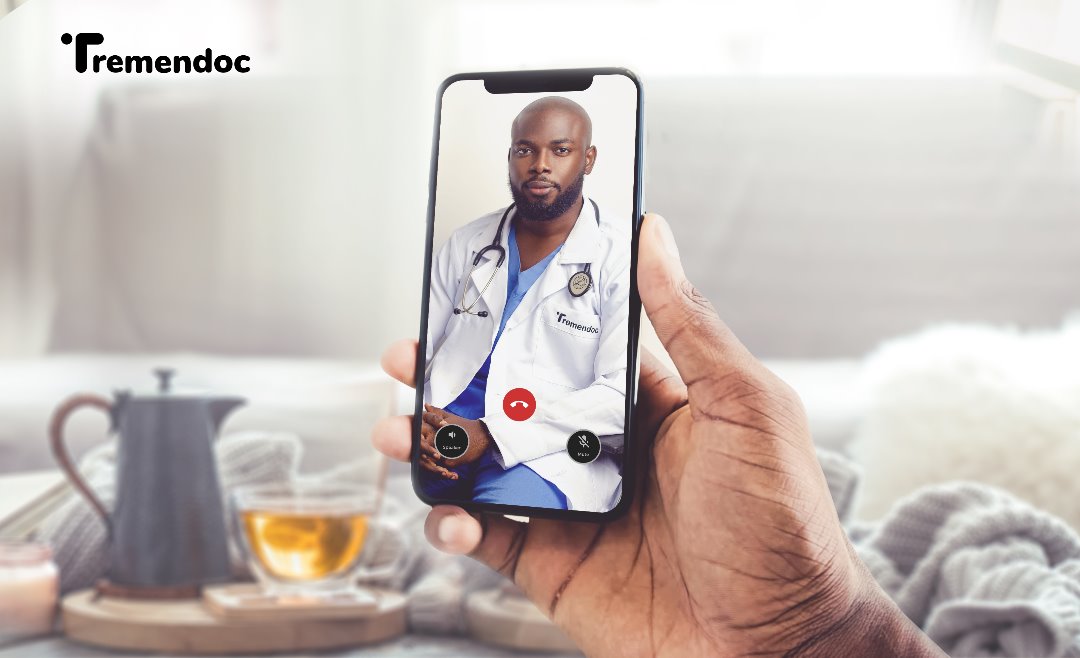Technology was once the domain of the young: fast, sleek, and constantly evolving to match their dynamic lifestyles. Not anymore. Seniors, who once seemed on the fringes of the digital revolution, are beginning to join the fray, aided by emerging tools that enable them to live gracefully and stay connected with the world.
One of the most significant areas where this is evident is in healthcare advancements. While still below the global average of 73.7 as of 2024, life expectancy across Africa has risen to 64 years, up from 50 in 2000.
In Nigeria, life expectancy was recorded at 56.05 years in 2024, an increase of 0.03% from 2023, according to Macrotrends, a research outfit. With continuing progress in healthcare, the United Nations estimates that life expectancy could rise to 76.93 years by 2050.
Another area of improvement can be seen in mobile-phone penetration, which has consistently increased among African seniors. GSMA Intelligence, a mobile-industry tracker, reports that mobile phone penetration among Nigeria’s elderly aged 50 and above has reached 53%.
Although Internet usage among seniors remains low at 12%, digital-literacy programmes are creating a shift. From WhatsApp to mobile banking, Nigerian seniors are learning to adapt smartphones for everyday needs.
Health technology is also gaining traction. Low-cost devices such as LifeQ wearables not only help seniors monitor their heart rates but also detect irregularities. These tools are vital in a region where hypertension affects 40% of adults aged 50 and above, according to the World Health Organization (WHO).
Platforms like Nigeria’s Helium Health connect seniors with doctors via video calls, eliminating the need for travel. A study by the African Population and Health Research Centre suggests telemedicine could lower healthcare costs by 30% for elderly patients. Startups like GeroCare are further bridging gaps in elderly care through subscription-based services tailored to seniors’ needs.
Accessibility Innovations
Voice-controlled assistants, such as Nigeria’s “My Senior Buddy,” offer literacy programmes in local languages, making digital tools accessible to non-English speakers. Solar-powered health kiosks in Kenya and Nigeria enable remote health monitoring, ensuring even off-grid areas benefit from technological advancements. Telehealth, in particular, is becoming a lifeline in Africa.
While virtual reality (VR) adoption is still in its infancy in Africa, initiatives like the AfricanVR Project are introducing seniors to virtual storytelling and travel experiences. These platforms help combat isolation by reconnecting seniors with their heritage and communities.
Africa’s “silver economy” remains an untapped goldmine. However, affordability poses a significant challenge. With 40% of Nigerians living below the poverty line, access to silver tech often relies on government subsidies and donor-funded initiatives.
Campaigns like “Digital Skills for All,” spearheaded by Nigeria’s Ministry of Communications, are helping seniors learn digital skills, breaking barriers to technology adoption.
Silver tech in Africa represents more than just gadgets; it’s about reimagining aging. For seniors, it offers autonomy, dignity, and a chance to thrive. For society, it’s an opportunity to blend innovation with cultural values, ensuring no one is left behind.
As Nigeria and the rest of Africa navigate this demographic shift, the challenge is not whether technology can keep up but whether we can seize this moment to create a future where aging is a time of promise, not decline.
Technology, once perceived as the domain of the young, is increasingly being adopted by seniors, with various tools aiding them in staying connected and improving their quality of life. In Africa, advancements in healthcare have contributed to increased life expectancy, with Nigerian seniors seeing higher mobile phone penetration rates and growing involvement in digital-literacy programs, despite low internet usage. Health technologies like LifeQ wearables aid in monitoring health, particularly for conditions such as hypertension affecting 40% of adults over 50 in the region. Platforms like Helium Health facilitate telemedicine, reducing healthcare cost and need for travel, while startups like GeroCare provide subscription-based senior care services.
Accessibility innovations, such as voice-controlled assistants offering local language literacy programs and solar-powered health kiosks, are enhancing remote health monitoring. Although virtual reality is still emerging in Africa, projects like the AfricanVR Project are engaging seniors with storytelling and community experiences, helping alleviate isolation. Nevertheless, the "silver economy" is challenged by affordability issues, with many Nigerians needing government subsidies due to widespread poverty.
Campaigns like "Digital Skills for All" are bridging the digital divide, enabling seniors to adopt technology more easily. Silver tech exemplifies more than gadgets; it signifies a transformative approach to aging, offering seniors autonomy and dignity, while blending innovation with cultural values. As Africa experiences a demographic shift, the focus is on harnessing technology to ensure aging is seen as a phase of potential and growth rather than a period of decline.






